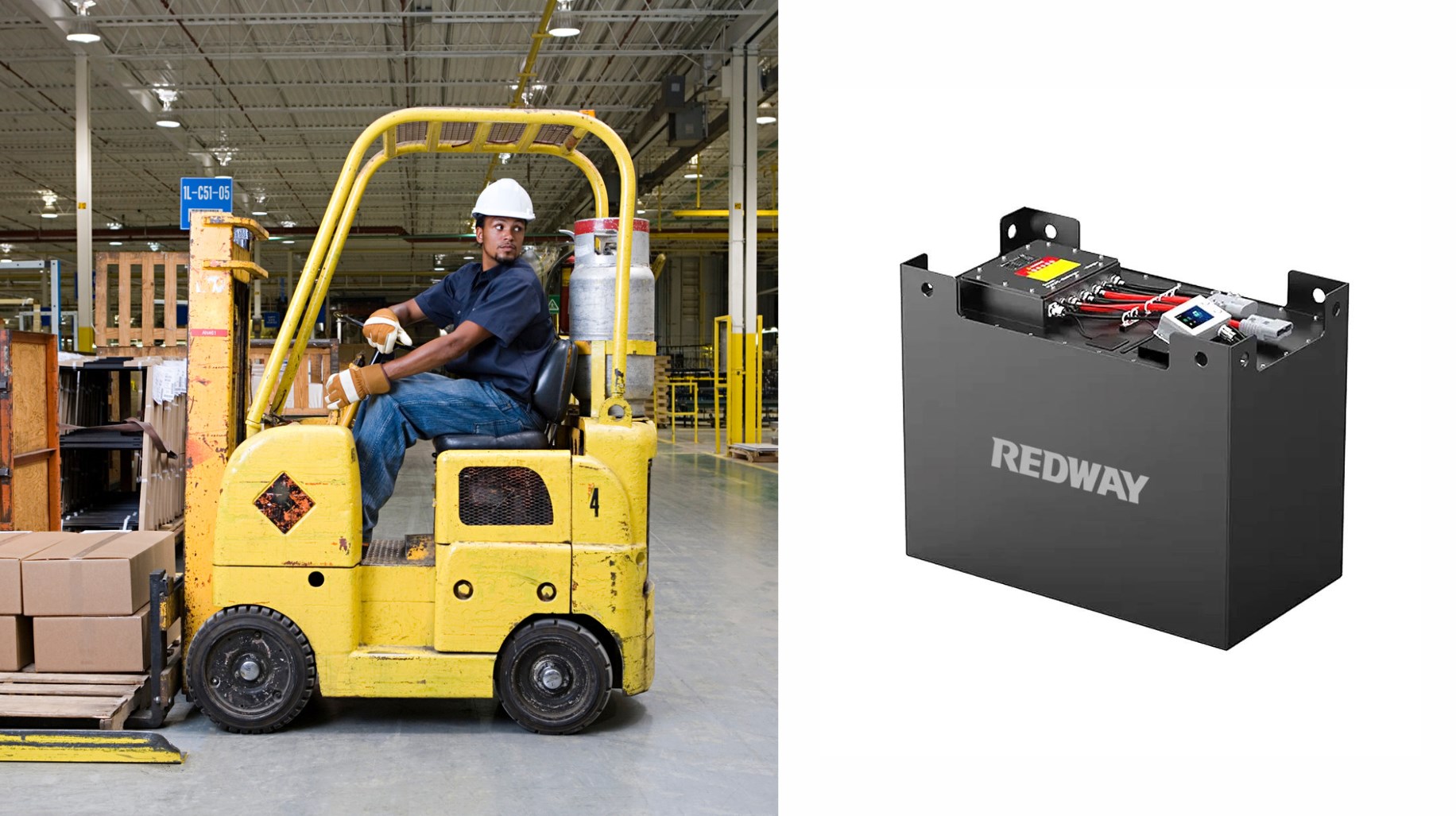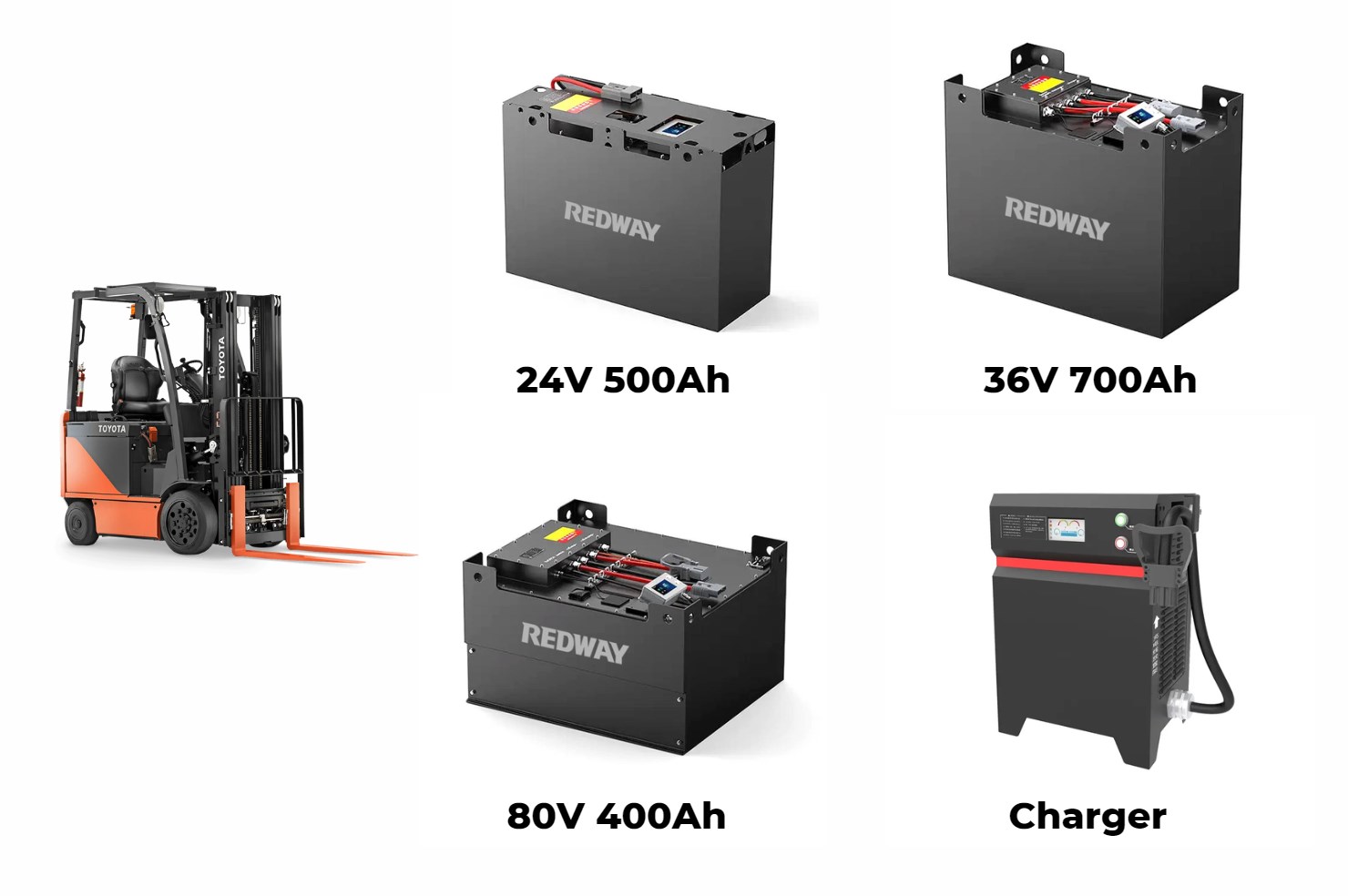In the realm of industrial material handling, 12V forklift batteries play a crucial role in powering smaller electric forklifts and pallet jacks. This article delves into the essential aspects of 12V forklift batteries, exploring their types, capacities, advantages, and key considerations for selection and maintenance.
12V forklift batteries are typically used in smaller equipment or as part of multi-battery configurations for larger machines. Their compact size allows flexibility in design but requires careful management of charge cycles to ensure longevity.
Types of 12V Forklift Batteries
1. Lead-Acid Batteries
Lead-acid batteries are the traditional choice for 12V forklift applications. Known for their reliability, durability, and affordability, these batteries have been the industry standard for many years. Key features include:
Wholesale lithium golf cart batteries with 10-year life? Check here.
- Cost-Effectiveness: Lead-acid batteries are generally less expensive upfront compared to newer technologies.
- Durability: They are robust and well-suited for demanding environments.
- Maintenance Requirements: These batteries need regular maintenance, including watering and cleaning, to ensure optimal performance.
2. Lithium-Ion (Li-ion) Batteries
Lithium-ion (Li-ion) batteries represent a more advanced technology, offering several distinct advantages over traditional lead-acid batteries:
- Faster Charging: Li-ion batteries can be charged more quickly, with the capability to perform opportunity charging during breaks, which maximizes operational uptime.
- Longer Cycle Life: They typically offer a much longer cycle life compared to lead-acid batteries, reducing the frequency of replacements.
- Lower Maintenance: Li-ion batteries require minimal maintenance, eliminating the need for regular watering and reducing overall maintenance costs.
- Higher Efficiency: They provide a higher energy density, which translates to more power in a lighter, more compact package.
Battery Capacity and Performance
Capacity Measurement
The capacity of 12V forklift batteries is measured in amp-hours (Ah), which indicates the amount of energy a battery can store and deliver. Common capacities for 12V forklift batteries range from 100Ah to 300Ah or more. Higher capacity batteries are ideal for applications requiring longer runtimes between charges.
Want OEM lithium forklift batteries at wholesale prices? Check here.
Performance Factors
When selecting a 12V battery, it is essential to consider factors such as:
- Load Capacity: The battery must be capable of supporting the load requirements of the forklift.
- Lift Height: Higher lift heights may require batteries with greater power and endurance.
- Travel Distance: Batteries should be chosen based on the distance the forklift needs to travel on a single charge.
Charging Infrastructure and Times
The efficiency of a battery is also influenced by its charging infrastructure and charging times:
- Lead-Acid Batteries: Typically require 8-10 hours for a full charge, making them less flexible in operations where downtime needs to be minimized.
- Li-ion Batteries: Can be quickly recharged, allowing for opportunity charging during short breaks, thus improving overall productivity.
Advantages of 12V Forklift Batteries
1. Cost Efficiency
Lead-acid batteries offer a lower initial cost, making them a budget-friendly option for many businesses. However, the higher upfront cost of Li-ion batteries can be offset by their longer lifespan and lower maintenance requirements.
2. Operational Flexibility
Lithium-ion batteries provide significant operational flexibility due to their fast-charging capabilities and longer cycle life. This flexibility is particularly beneficial in high-demand environments where minimizing downtime is crucial.
3. Environmental Impact
Li-ion batteries are more environmentally friendly compared to lead-acid batteries. They are free from harmful chemicals and have a lower environmental footprint, aligning with sustainability goals and regulations.
Considerations for Battery Selection
1. Compatibility
Ensure the chosen battery is compatible with the specific forklift model and its operational requirements. Proper compatibility helps in achieving optimal performance and avoids potential issues.
2. Maintenance and Operational Costs
Evaluate the long-term maintenance and operational costs associated with each battery type. While Li-ion batteries may have a higher initial cost, their lower maintenance and longer lifespan can result in significant cost savings over time.
3. Charging Requirements
Assess the charging infrastructure and requirements of your operation. If frequent, quick recharges are needed, Li-ion batteries may offer superior benefits compared to traditional lead-acid options.
Conclusion
Choosing the right 12V forklift battery is critical for optimizing performance, reducing operational costs, and ensuring reliable material handling. Lead-acid and lithium-ion batteries each offer distinct advantages, making it important to consider factors such as capacity, maintenance needs, and charging efficiency. By carefully evaluating these factors, businesses can select a battery solution that aligns with their specific operational needs and budgetary constraints.
FAQs
Forklift Battery Pack: A Comprehensive Guide
Recondition Forklift Battery: A Comprehensive Guide
Reconditioned Forklift Battery: An Economical and Eco-Friendly Solution
Used Forklift Battery: A Comprehensive Guide
Lithium Forklift Batteries: The Future of Material Handling
The Future of Electric Forklift Batteries: Innovations and Trends
Understanding 24V Forklift Batteries: A Comprehensive Guide
36 Volt Forklift Battery: A Comprehensive Overview
Understanding 12V Forklift Batteries: A Comprehensive Guide
A Comprehensive Guide to Forklift Batteries: Types, Advantages, and Considerations
Understanding the Types of Forklift Batteries: A Comprehensive Guide







